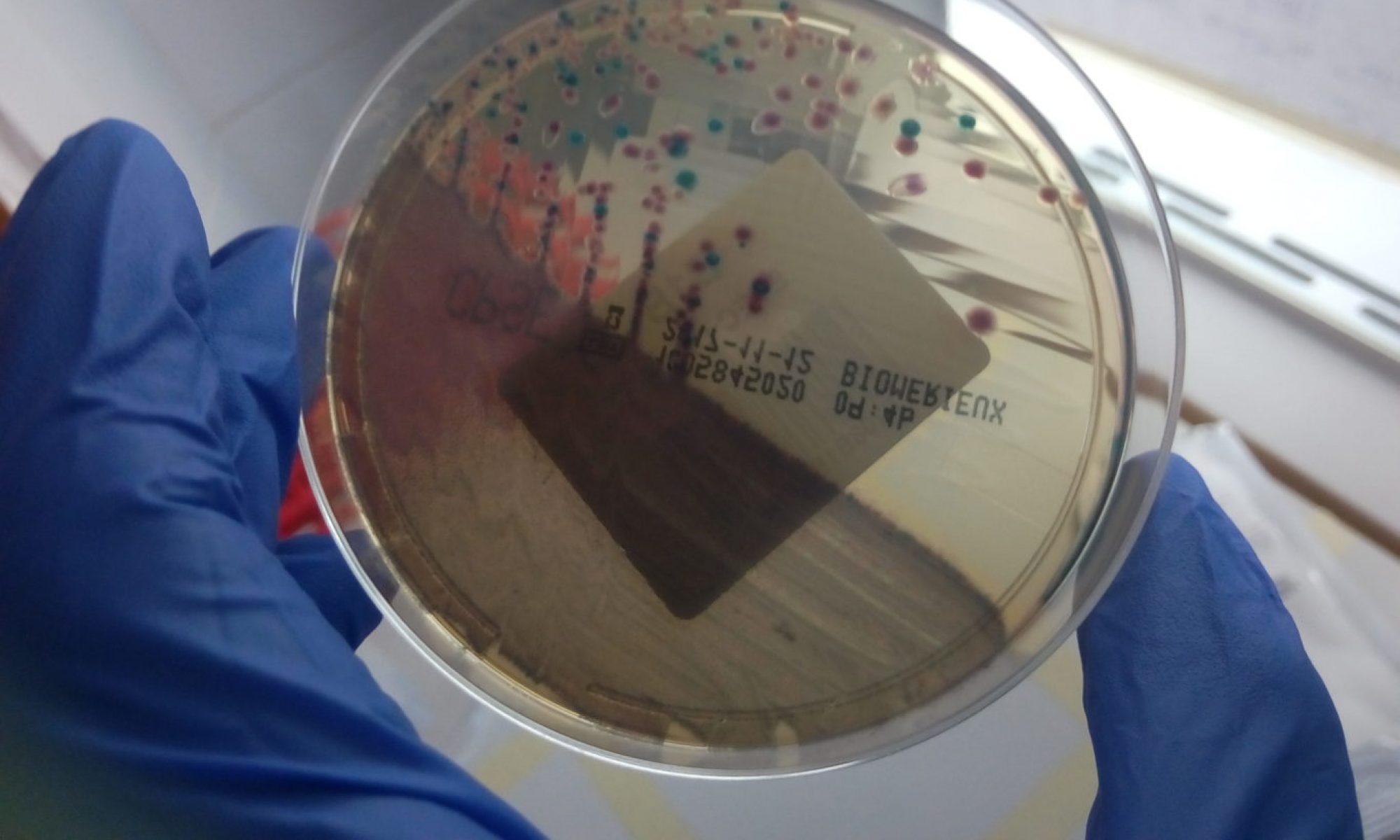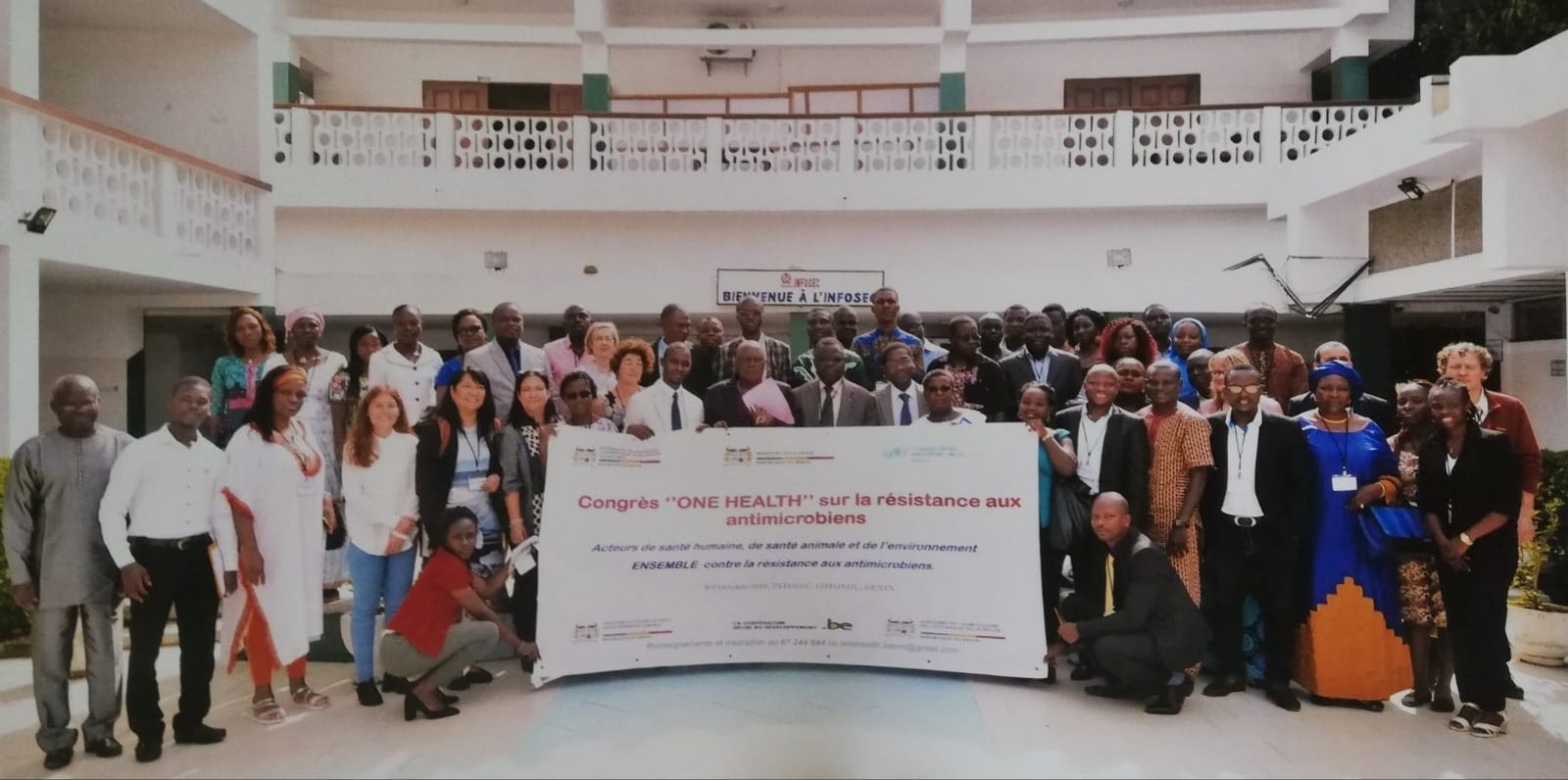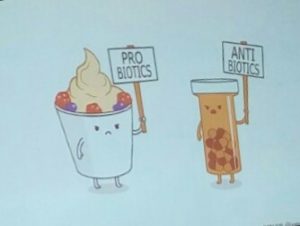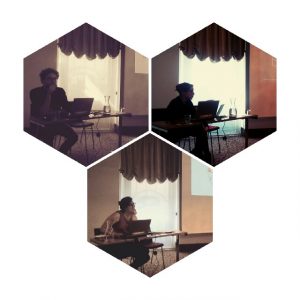Yet another event from Cultures of Cultures next year. We have organised an open panel in the next 4S Conference, which will take place in New Orleans between the 4th and 7th of September, 2019. The deadline for submission is on the 1st of February, 2019. Find below the abstract to our panel. More information about the conference and the submission can be found following this link.
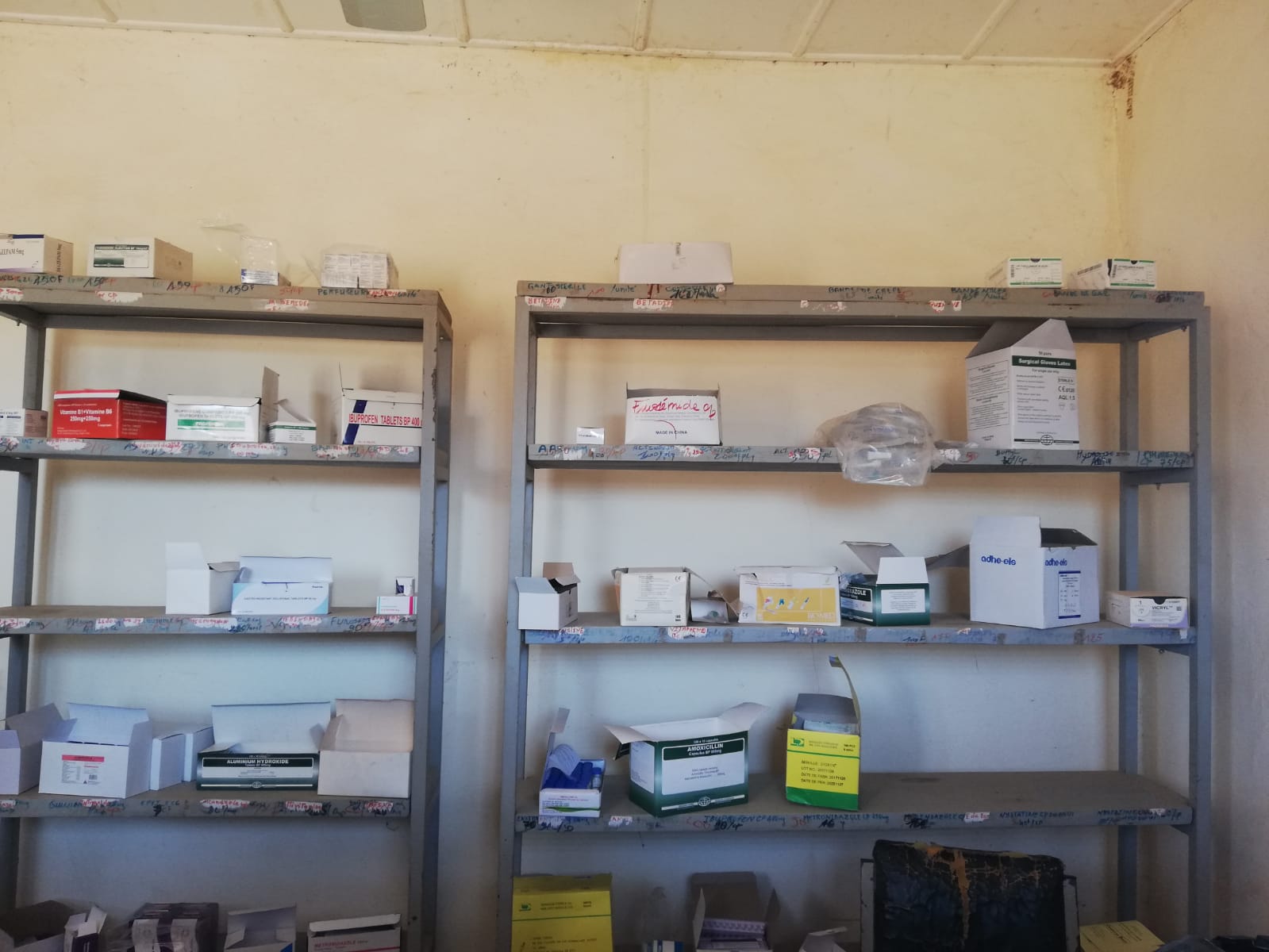
Title: New Social Forms of the Post-Antibiotic Era: More-than-Human Hybrids, Governance and Knowledge of Human-Microbe Relations
Abstract:
During the past decade, microbes have come to occupy new and central spaces in scientific enquiry as well as their social analysis. As microbes mutate, adapt and evolve towards resistance to antibiotics, there is mounting pressure to search for new ways of preventing illness. While antibiotics are no longer readily available to do their ‘magic’, new social forms that enable peaceful coexistence with microbes are emerging, instead of a war against microbes that Pasteur established and Latour documented in Pasteurisation of France. Societies are rethinking relationships between humans, animals, and environment in radically new ways, e.g. by building immunity through fermentation or enhancement of gut microbiota; development of vaccines, phage therapy or novel antibiotics; and promotion of sustainable food production. In this process, drug resistance is not only framed as a medical concern but also social, economic and political.
Re-situation of microbes is present in biomedical research and care, policy and governance, and everyday practices. STS offers tools to regenerate understanding of microbes; interruptions caused by the absence of efficient medical countermeasures; and innovative practices that emerge as a result. This panel puts microbes at the centre of social analysis and opens up new avenues for thinking about microbial knowledge, governance, and more-than-human relations.
We welcome presentations focusing on, among others:
- Practices where traditional narratives about microbes are subverted;
- Formation of more-than-human hybrids including microbial forms of life;
- Governance practices and strategies aimed at regulating microbial relations;
- New communities of knowledge around new practices with microbes.
The session is organized by Salla Sariola; salla.sariola (at) helsinki.fi, and Jose A. Cañada; jose.a.canada (at) helsinki.fi. Feel free to get in touch with them if you have any questions about the session!
